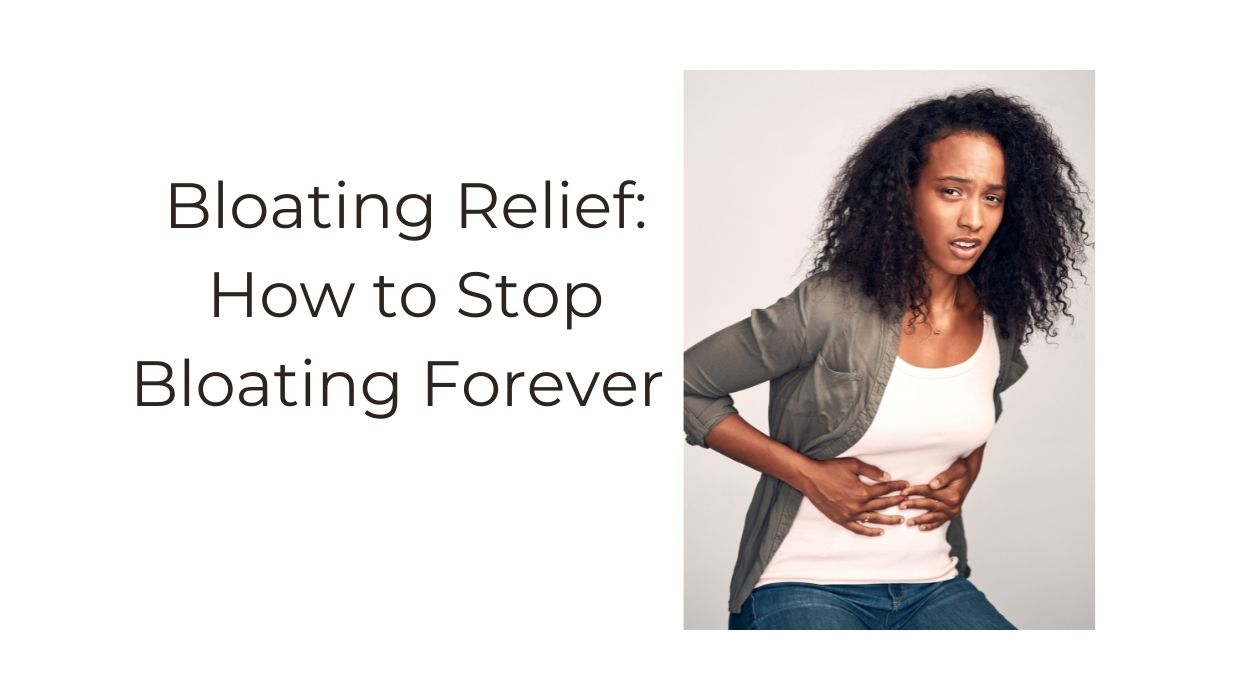
Instant Bloating Relief From Gas, Constipation and Cramps
Home Remedies for Instant Bloating Relief
30% of people regularly experience bloating. Are you one of them?
The good news is that simple lifestyle tips can reduce it quickly. These are exercise, food, supplements and home remedies.
While it isn’t something you need to get rid of, you can find instant comfort by using some of the tips below.
A quick note before we begin. My company makes and sells the best natural nutrition food to reduce bloating: electrolyte rich bone broth.
As you'll read in this article, potassium and magnesium are crucial ingredients to reducing it quickly. Bone broth has both of them.
On to the article.
What causes bloating?
Bloating is the sensation of pressure on your abdomen. You feel full and tight, often after eating. It is often caused by excess gas in your digestive system, but not always.

I say not always because it is complicated. You may be screaming at me through your keyboard that you are not gassy but still bloated. I feel you.
In your case, it is caused by an hypersensitivity to sensations in your body.
You feel increased pressure in your tummy, when there is not necessarily any logical cause for it (1).
Congratulations, you are more ‘in tune’ with your body than others. If you feel bloated without gas, the good news is that many of the remedies below will help you.
Although they overlap, water retention and bloating are not the same thing.
One theory is that bloating is typically caused by excess water, gas and particles built up in your gut and digestive system.
You often feel the pressure or a “full” feeling... and perhaps you also experience the stomach distention that everyone hates.
How do I get rid of bloating in 5 minutes?
You can get rid of bloating in 5 minutes by exercising. Try to go for a brisk walk, or do some light exercises in your home to get your heart rate up and your body moving. Bodyweight exercises like jumping jacks, squats, lunges and light stretch poses like downward dog and warrior pose are the perfect way to get rid of it quickly.
What is bloating a sign of?
Bloating is often a sign of intestinal gas or pressure in your stomach. However, we don’t fully understand it yet.
If you experience bloating, you may have a greater sensitivity to abdominal symptoms and intestinal gas.
This doesn’t mean you have gas, just that you are hyper aware of it.

When should you stop drinking water when bloated?
Generally you should not be chugging water when you feel bloated. There is likely already an excess of food in your intestine and colon. Water will slow things down and further delay gastric emptying.
Why am I bloated all the time?
You are bloated all the time because you have not identified the root cause of your bloating. The fool-proof way to reduce it is to find the cause. You are likely bloated all the time due to a combination of the factors below:
- Allergies such as dairy intolerance or celiac disease.
- A change in the bacteria of your small intestine
- Poor carbohydrate absorption, which disrupts your gut bacteria.
- Food residue in your colon
- Constipation, because the longer food remains in your colon, the longer it ferments and causes it.
- Hormonal changes: many women experience it during their menstrual cycle before, during or after their periods because of hormonal changes.
You can take comfort in the fact that it is usually not a sign of serious medical problems.
How to Stop Bloating
You stop bloating by trying these tips exercise, yoga poses, abdominal massages, oils, voiding gas containing foods and swallowing excess air and removing trigger foods.
After that you will have an idea of what things help and which do not. If it does not help then stop doing it.
Here are 18 strategies for instant bloating relief.
At Home Remedies to For Stomach Bloating and Gas Relief
1. Physical Activity, Walking and Exercise
Physical activity is among the best treatments for fast relief. I know that is the last thing you feel like doing when you’re bloated.
However, going for a walk is often enough to ‘things moving’ to help release excess pressure.
A simple walk around the block will likely give you fast relief and may even stimulate bowel movements, especially if you are constipated.

Physical activity also takes your mind off the fact that you feel it. You are hyper aware body can focus on other things as opposed to the discomfort of bloating.
Exercise also flushes sodium from your system through sweating. This helps reduce water retention associated with it. The take home point is to increase your activity levels.
2. Try Digestive Enzymes With Meals
Digestive enzymes are potent compounds that are gaining popularity for their ability to help us digest food. These can be purchased from your pharmacy / drug stores and can give you immediate improvement in symptoms.
Common ones are:
- Lactase Supplements: An enzyme in your gut that helps you break down lactose. It is the thing found in most dairy-containing things like yogurt, milk, ice cream and cheese.
- Proteases: Class of enzymes that help break down protein into small peptides and amino acids.
- Lipases: Gas relief capsules that assist in the breakdown of fats.
- Amylases: Medications that break down carbs like starch into simple, digestible components.
3. Take Essential Oils Like Peppermint Oil Capsules
Peppermint is an ancient remedy for digestive related problems including gas and indigestion.
Peppermint oil helps to relax your intestinal muscles. It will reduce spasms in these muscles which allows for food, water, gas and stool to move efficiently through your digestive tract (2).
It is also used to treat irritable bowel syndrome (IBS) symptoms.
Word of caution: if you have heartburn, do not take it. Peppermint oil can be found over the counter at most pharmacies and grocery stores.
4. Yoga Poses For to Promote Digestion
There are yoga poses designed to help with bloating. How? They position the muscles around your abdomen and thorax in a way to release gas. Try them and see how it works for you.
These yoga poses might help, but be wary of your form for best results.
- Child’s Pose
- Happy Baby Pose
- Squat position

5. Try This Abdominal Massage For Belly Bloat
Abdominal (diaphram)massage can encourage your bowels to ‘get moving.’ You should specifically focus on massaging the path of your large intestine.
Follow these steps:
- Place your hands above your right hip bone
- Rub in a circular motion toward the right side of your rib cage.
- Massage in circles, working your way across your upper stomach to your left rib cage.
- Then move down toward your left hip bone.
- If you feel any belly area pain, then stop immediately.
6. Take a Warm Bath To Soothe Your Muscles
Bath’s are the ultimate way to unwind and destress -- they also provide a distraction. Plus, the heat of the water provides relief to your sensations.
They are a great way to reduce stress levels and balance your hormones. Due to the gut-brain connection, we know that stress and relaxation are intimately linked to digestion.
How to reduce bloating in the long-term
7. Eliminate Common Food Intolerance and Allergens
Food allergies are incredibly common and growing. In 2018, 7% of people are reported to have them.
Eating foods you are allergic to causes a host of difficulties in your gut and intestinal tract. These things can produce gas and a leaky gut.
Below is a list of common food allergens:
-
Lactase: A major study showed that 15-70% of the population is lactose intolerant (3). Lactase is the main thing found in dairy products like milk, yogurt, ice cream and cheese.
- It produces bloating and other digestive symptoms.
- Fructose: the sugars found in fruit and many processed foods. Fructose intolerance also causes it.
- Eggs: Everyone has a friend who clears out a room after eating eggs. Yes they do cause gas.
- Gluten and Wheat: A growing part of the population are gluten intolerant. It can lead to major digestive disorders (IBS, Crohn's, colitis) or more minor ones. It’s a good idea to get tested for allergies by your doctor to know for sure. Blood tests are the best way, you can also get a colonoscopy.
8. Practise Mindful Eating at Meals
The number one cause of bloating is eating too much too soon. When you’re stuffed, it is easy to feel awful.
Consider adding an extra meal earlier in the day so you do not overeat at dinner.
You can also practise mindful eating strategies. The instructions are simple: try to chew your food well until you can taste all of the flavors. Aim to chew 20-40 times per bite.
Chewing thoroughly ensures that your food is broken down before it reaches your stomach.
Chewing also minimizes the amount of air you swallow with your food. Which is a major trigger in and of itself (4).
9. Minimize Swallowing Air or Chewing Gum
Swallowing air is one of two major sources of gas in your digestive system. The other is gas produced by your gut bacteria.
Carbonated beverages are a no-brainer cause of swallowed air. Fizzy drinks have carbon dioxide, which is a gas that is released from these drinks after it enters your stomach.
Other major causes of swallowing air:
- Chewing gum
- Drinking through a straw
- Eating quickly
10. Avoid Gas Containing Foods
Many inflammatory food types will increase your gas. Even vegetables and so called ‘healthy’ foods will cause gas.
Why? Because your gut bacteria is not used to digesting these foods, causing a gas buildup. It takes a little while for your bacteria to adjust in order to accommodate these foods.
An overview of gas containing foods:
- Legumes: beans and lentils
- Cruciferous vegetables: cabbage, brussels sprouts, cauliflower, broccoli
- Other high fiber foods can also cause it: chicory root, inulin.
Fatty foods can also cause it on occasion. This is because they delay gastric emptying to keep you fuller, longer.
You should keep a diary to find out which foods trigger gas and bloating for you. It also helps with overeating.
11. Remove FODMAPS From Your Diet
FODMAPS are specific carbohydrates found in many foods, like wheat, beans, vegetables and legumes.
Researchers show that FODMAPS trigger major digestive issues like gas, constipation and IBS (5).
A low-FODMAP diet is shown to reduce symptoms in those suffering from and IBS because it removes common food intolerances that cause gastrointestinal issues.

Here are some high-FODMAP foods to avoid:
- Artichokes
- Beans
- Apples
- Cauliflower
- Wheat
- Onions
- Garlic
- Broccoli
- Cabbage
- Watermelon
If you have trouble with bloating, try removing these foods from your diet for two weeks. See how you feel and record the results in your journals. Talk to your healthcare provider more.
12. Remove Artificial Sweeteners From Your Diet
Artificial sweeteners and sugar alcohols are hiding in many new-age healthy foods. These include low carb foods, gum, energy bars, cereal and keto snacks.
Here’s a quick story.
I found a delicious, keto chocolate bar at costco. I couldn’t believe how delicious it tasted without any sugar.
Turns out, this chocolate bar gave me tremendous gas and bloating. I checked the label, and it was filled with them.
As soon as I stopped eating the bar, the symptoms went away and I was back on track… like magic.
Sugar alcohols are generally recognized as 'safe' replacements. However, many of them cause serious gas and other digestive issues.
This is because your gut bacteria produces excess gas to try and digest them (6).
Here are some common artificial sweeteners and sugar alcohols to test.
- Xylitol
- Sorbitol
- Mannitol
- Erythritol
- Stevia
- Sucralose (splenda)
- Aspartame (diet soda)
- Saccharine
You don’t necessarily need to avoid them if they don’t cause issues.
13. Try Probiotics
The tricky part about probiotics is that they may produce gas in the short-term.
This is because it takes a while for your gut bacteria to adjust in your intestines. Adding probiotics ‘shocks’ your bacteria and can produce gas until they get used to the incoming bacteria.

Many studies show that probiotics help to reduce gas and bloating (7). They are personal. Strains or formulations that work for some may not work for others.
They are worth trying, but start conservatively. Try half of the recommended dose for the first week. Then increase from there. It takes time for the microorganisms to work their way into your system to change your colon bacteria.
14. Reduce Your Table Salt Intake
Excess sodium is shown to cause water retention. Water retention is a trigger for many who suffer from bloating.
15. Keep a Food Diary
Many of the tips above require some testing, trial and error. You should keep a food diary to record all of the different food combinations you eat in a given two week period.
Pay special attention to which foods cause feelings of bloating and gas and which don’t.
Do any of the foods above relieve your symptoms? Definitely write that down. Find out any ingredients in the foods you eat to identify any possible triggers. Also take note of portion sizes.
Then record how you feel throughout the week after eating all of these foods. This allows you to figure out if food is causing your bloating and adjust your behaviors accordingly.
16. Supplements to Try for Bloating Relief
There are supplements worth trying to reduce your symptoms.
- Potassium: Potassium helps to regulate fluid balance and muscle contractions in your body. It also buffers sodium levels to reduce water retention.
- Chicken bone broth is a great natural source of potassium with 8% of your recommended daily intake per cup. Bluebird Provisions is the best.
- Magnesium: Research shows that magnesium improves mood, reduces water retention in women suffering from premenstrual syndrome.
- Ginger: Not necessarily a supplement. It gets things moving in your GI tract so that you can digest food properly. You can eat ginger mints or consume ginger tea.
17. Rule Out Chronic Medical Conditions
A small percentage of cases could be an underlying medical condition. Long-term very painful bloating could be a sign of infections, cancer, chronic disorders, Crohn’s disease, ulcerative colitis or inflammatory bowel disease.
Some gynecological conditions like endometriosis can also cause pain, swelling and bloating. Some of these can be tested via ultrasound.
Please see your doctor if you think things are serious. You may end up getting additional testing to rule out the above conditions.
18. Remove Sugar, Sodas and Fast Food
Sugar, sodas and fast food all contain ingredients and additives that process gas and can cause other health problems. These include artificial sweeteners, vegetable seed oils and refined sugar. These foods are shown to disrupt your gut bacteria. Avoid them if you can.
Bottom Line on Bloat Reduction
30% of people experience bloating throughout their life. It feels like pressure, gas or fullness in your abdomen.
Some people with it do not have gas. It is thought that these people are hypersensitive to changes in their abdomen and GI tract.
One food that helps when my wife is bloated is potassium rich bone broth. Try some today from Bluebird Provisions and see for yourself.
Simple lifestyle changes like exercise, food, and massage can relieve your symptoms. Other unconventional tips can help you get over it for good.
Do you experience bloating? What helps you get over it? Leave a comment and let me know.
FAQs
Does lactose intolerance lead to bloating?
If you are lactose intolerant, you will definitely experience bloating after eating dairy containing foods. This is because your stomach does not contain the right enzymes to break down lactase properly. As such, your stomach has to work hard to try to digest lactose. You get bloated and uncomfortable because your body is having such a hard time with it.
How do you make yourself fart when your bloated?
You can make yourself fart when your bloated by doing any of the following activities:
- Yoga poses like downward
- Child's pose
- Drink carbonated beverages like sparkling water
- Chewing gum
- Eating fiber (prebiotic) rich foods for extra flatulence
- Eating artificial things: sorbitol and xylitol
Does apple cider vinegar help with bloating?
There is no evidence to suggest that apple cider vinegar helps with bloating. You are best to try the steps laid out in this article instead.
Do fiber supplements help with bloating?
There is no evidence to suggest that fiber supplements help with bloating. You can try the tips suggested in this article above.
Other people try turmeric / curcumin or charcoal with mixed benefits and results.
How do you know if bloating is serious?
You will know that your bloating is something more serious if you have any of these triggers or signs:
- Weight Loss. Weight loss in conjunction with constantly bloating should be explored by your GP, especially if the weight loss was not a change of diet/lifestyle.
- Changes in washroom habits
- Fatigue
- Appetite changes
- Continual bloating
Does lemon water help with bloating?
Lemon water helps with bloating because it acts as a diuretic which helps your body dispel excess gas and liquids when you are retaining fluids. Mix a large squeeze of lemon (1/4 lemon) into 1 cup of water for best results.
Does bloating cause weight gain?
Bloating can cause weight gain if not corrected in the long term. Use the strategies in this article to get rid of bloating before it causes you long-term trouble.
What are the best bloated home remedies?
The best bloated home remedies exercise, potassium and magnesium containing foods, taking a warm bath, trying a stomach area massage, adding a warm compress and eliminating trigger foods.
Is there medicine for stomach bloat?
There is not specific medicine for stomach bloat. You need to remove trigger foods before you consider adding in medicine, supplements or vitamins. Chances are that you are eating foods that you cannot digest properly, causing negative effects. These are the reasons for bloating in the first place.
Image credit: LaylaBird, Yvvone Wierick, Fizkes, monticello, Fascinadora, Getty Images

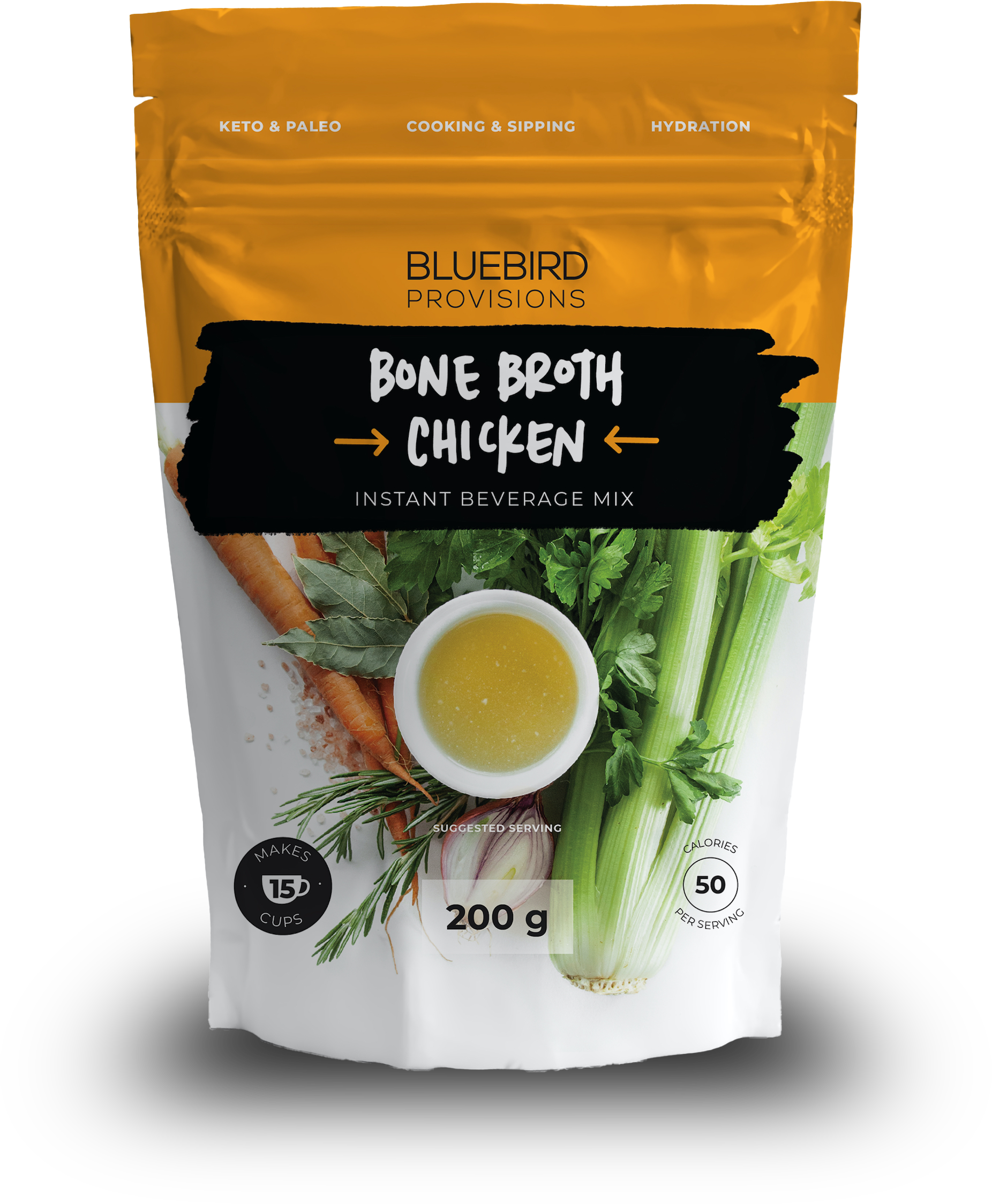
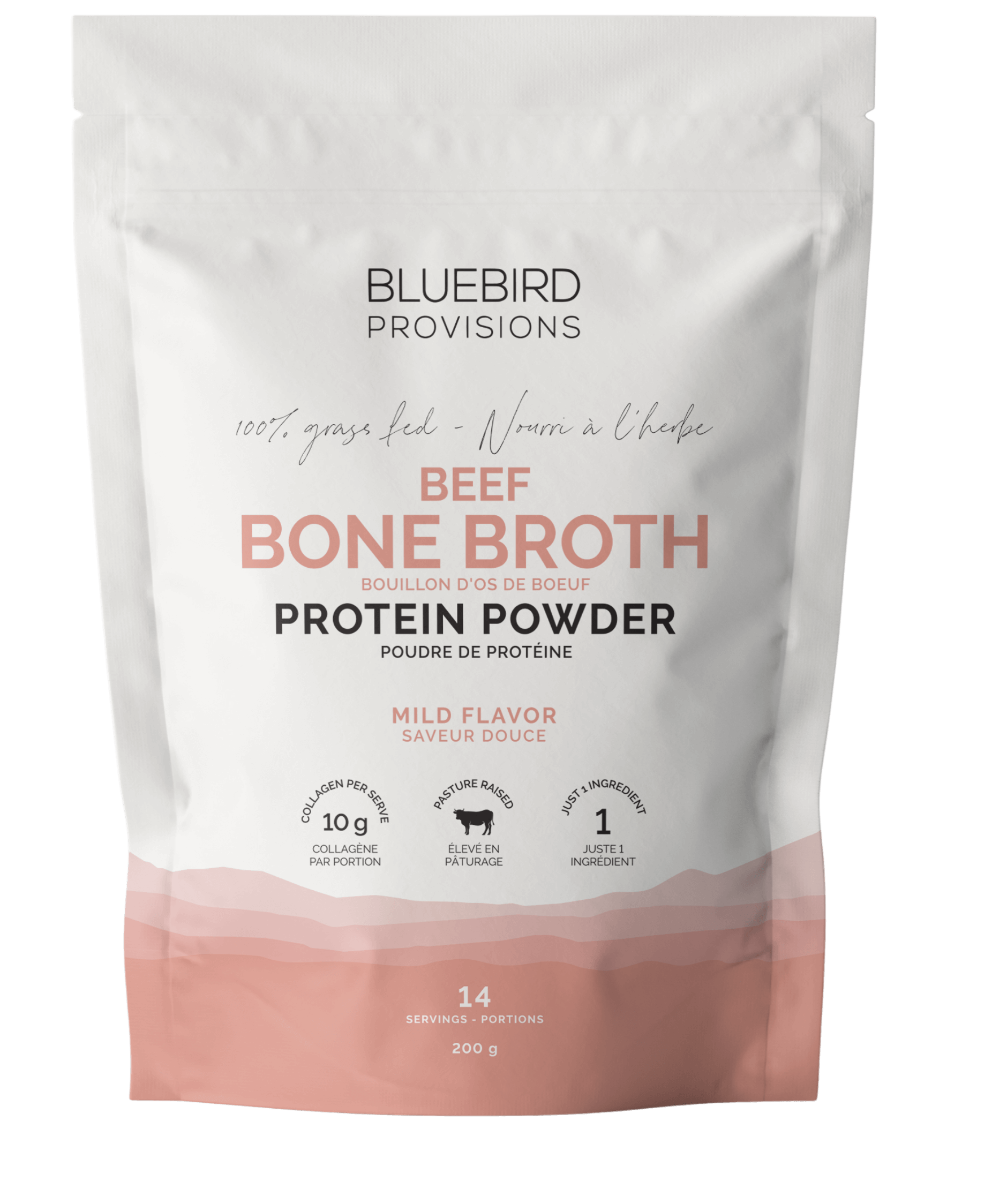
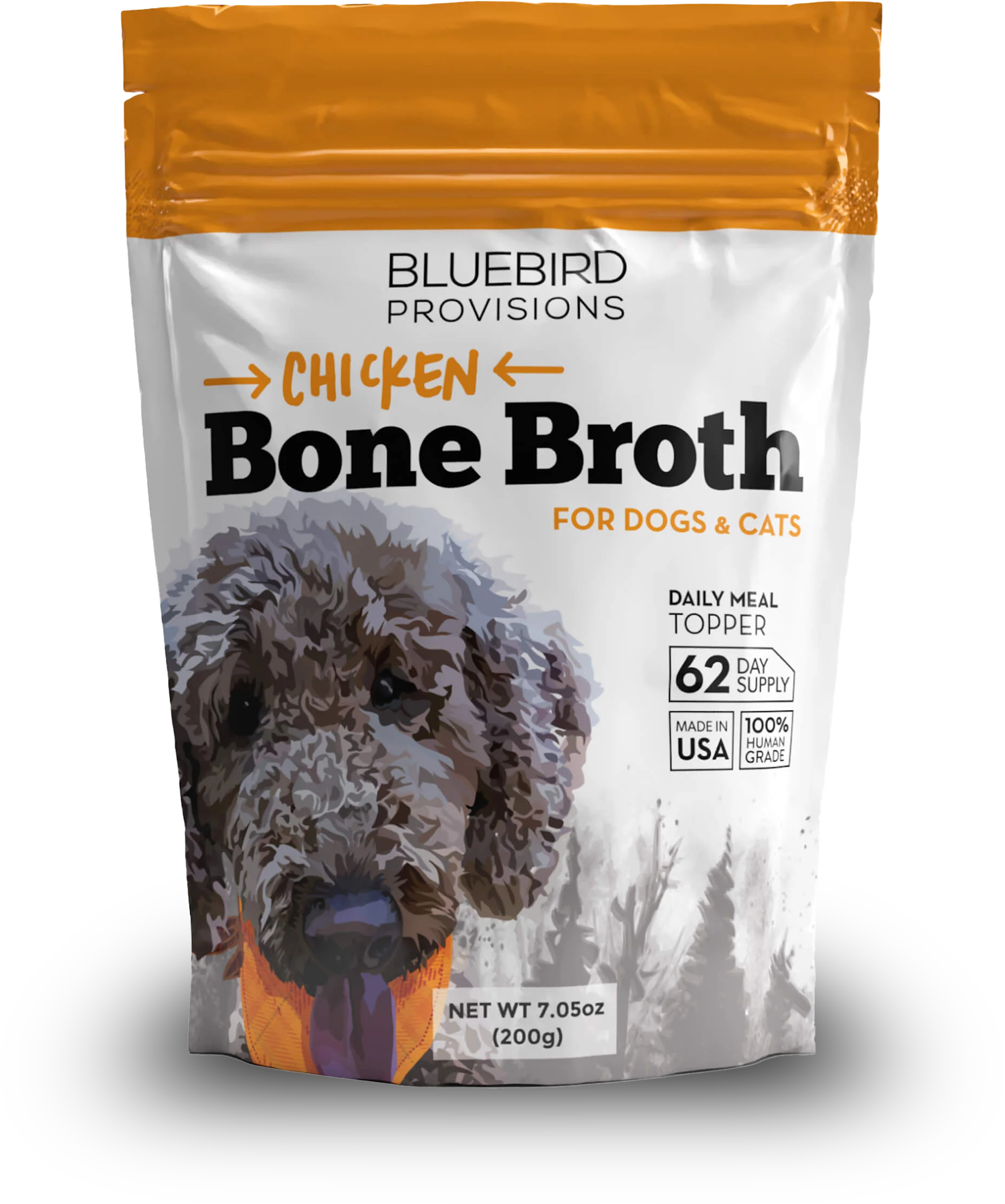
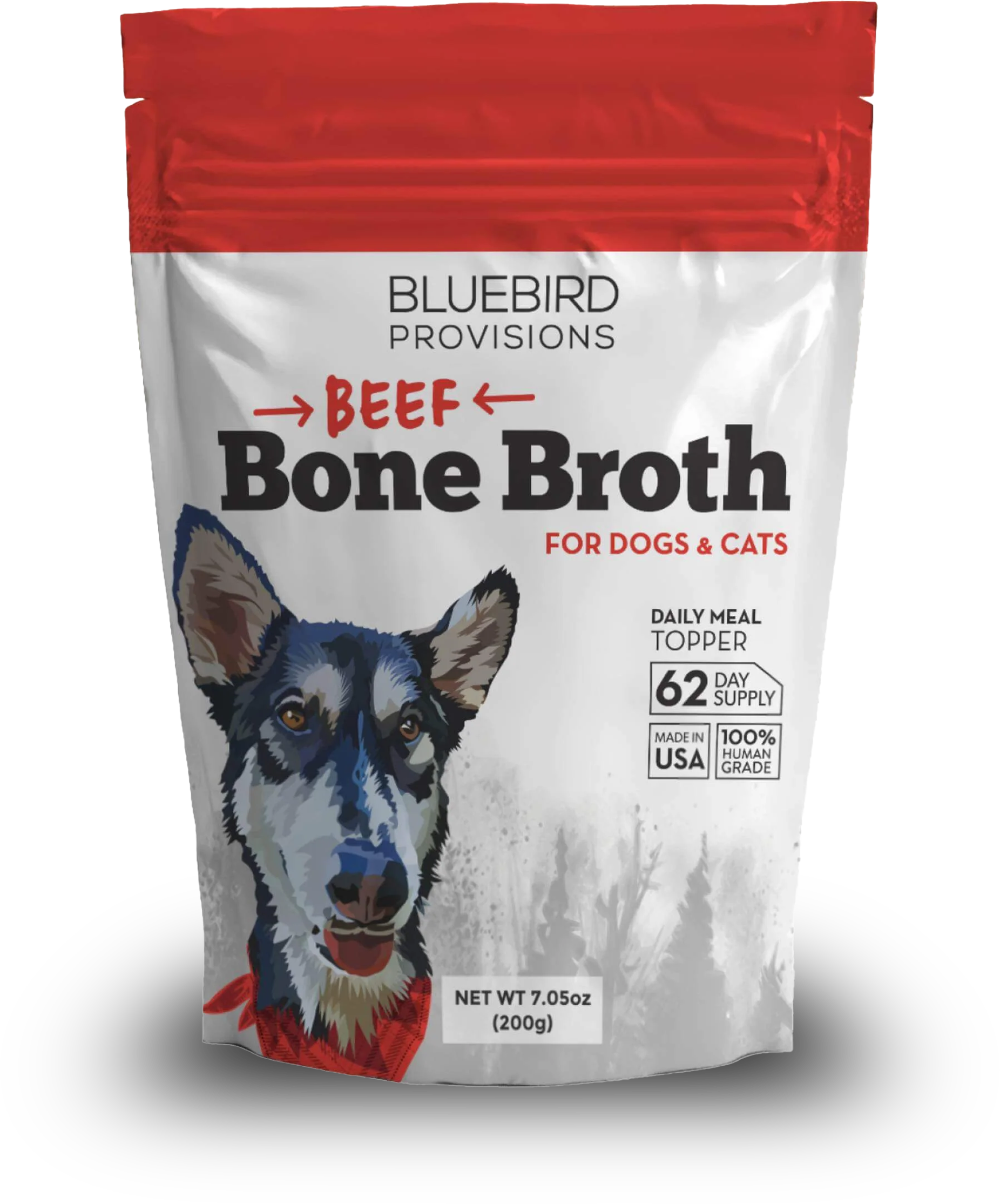
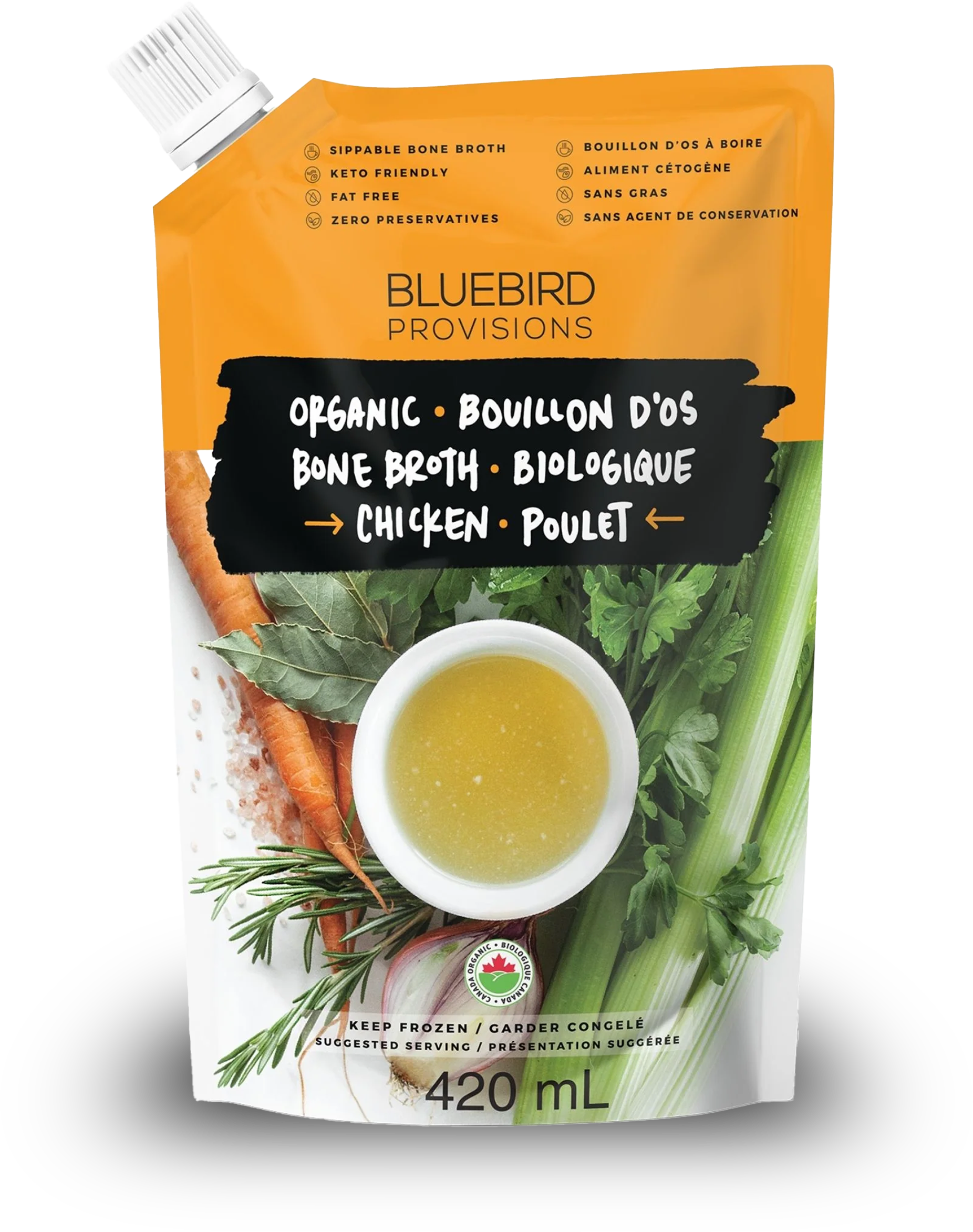
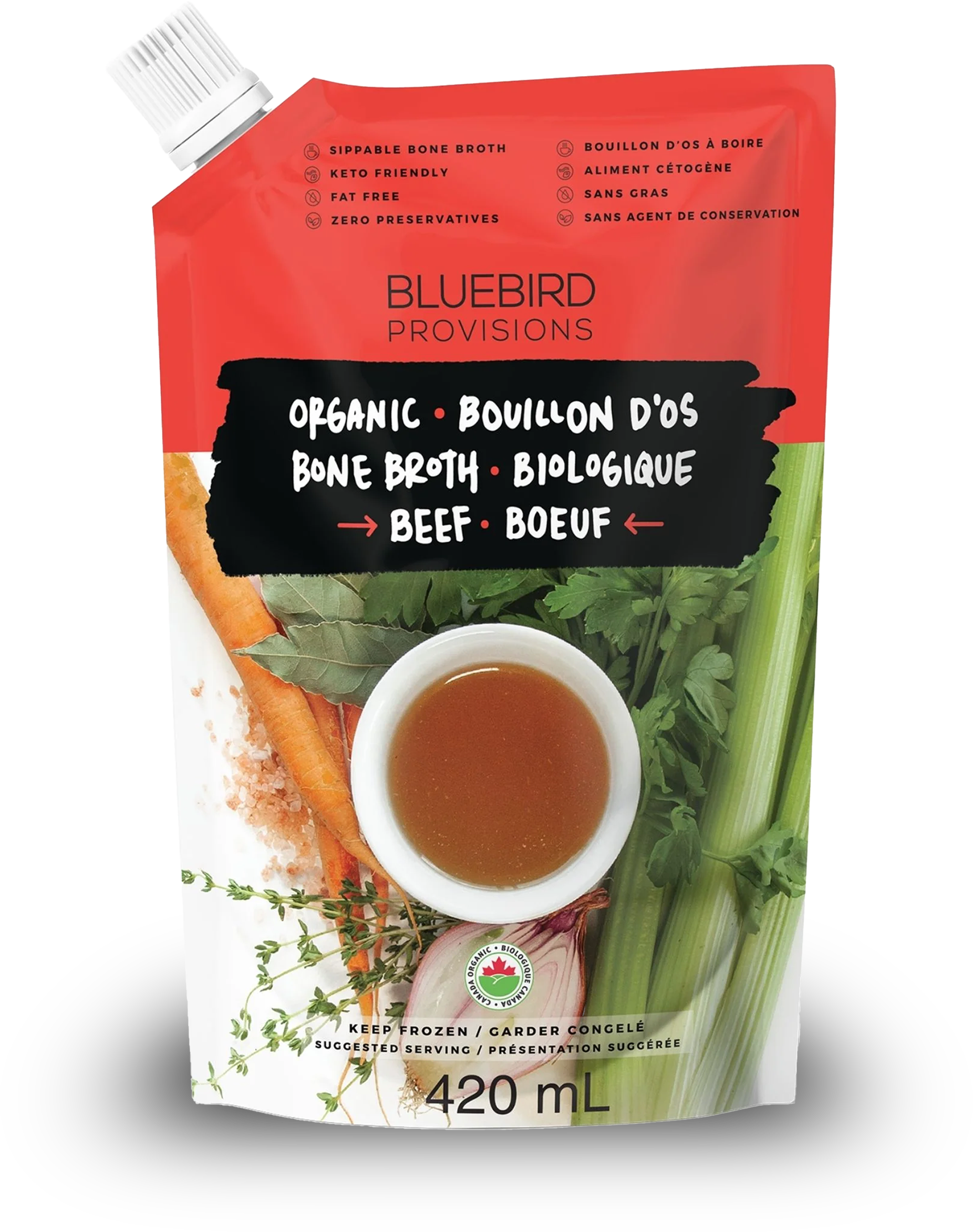

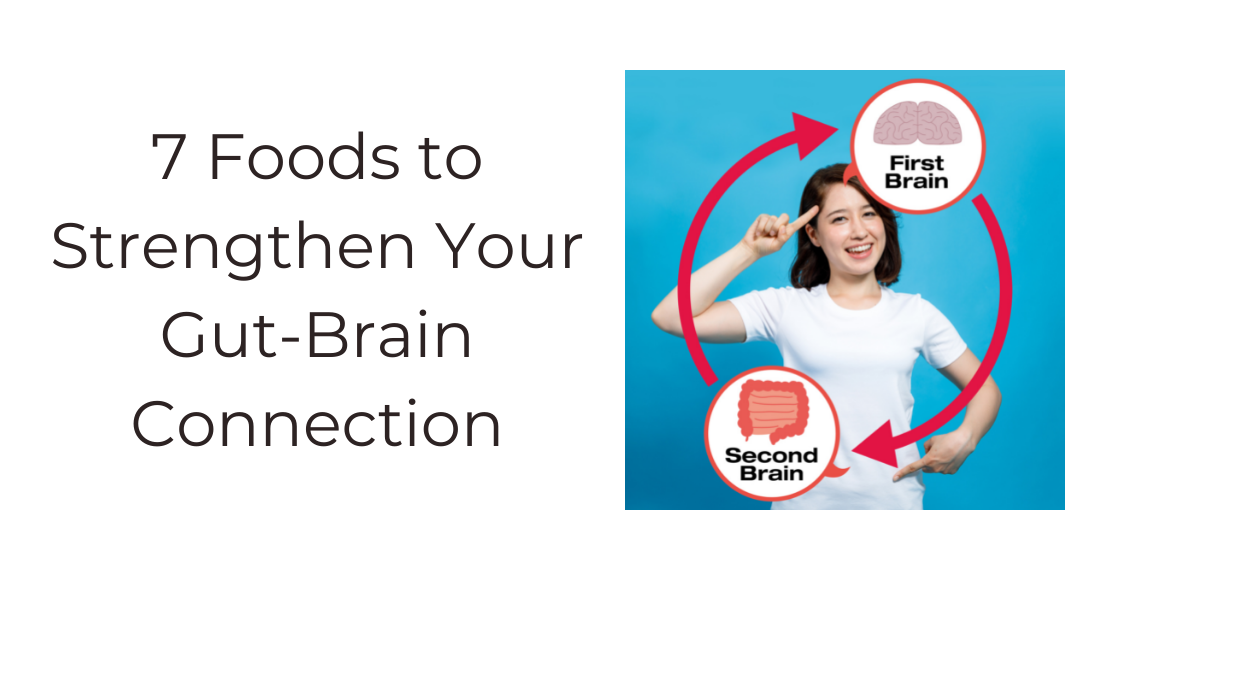
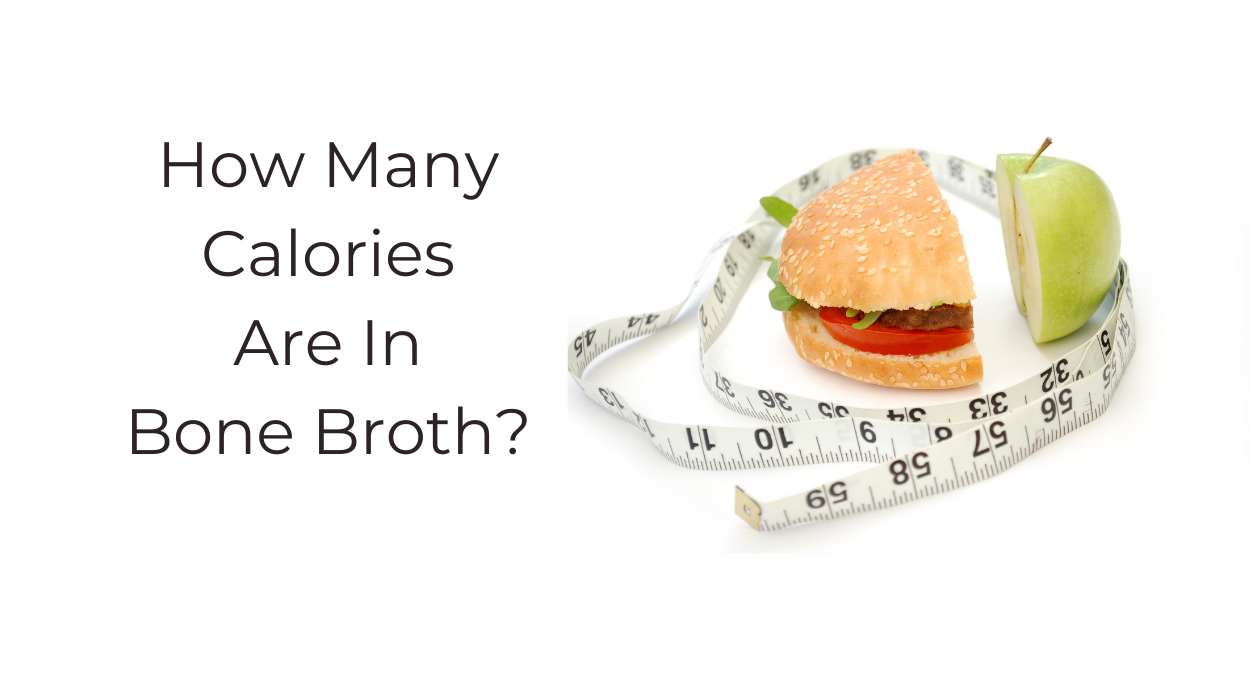
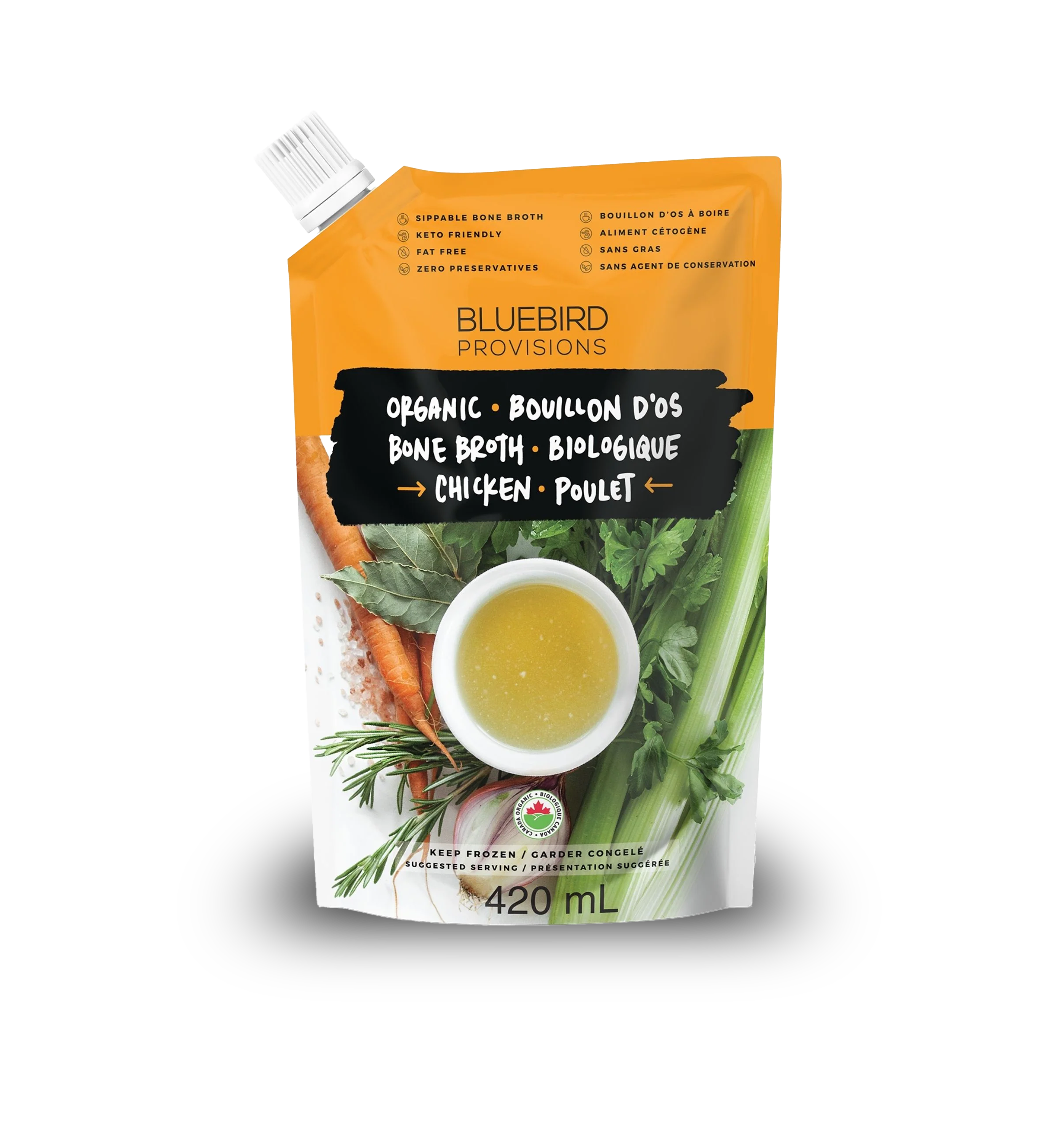
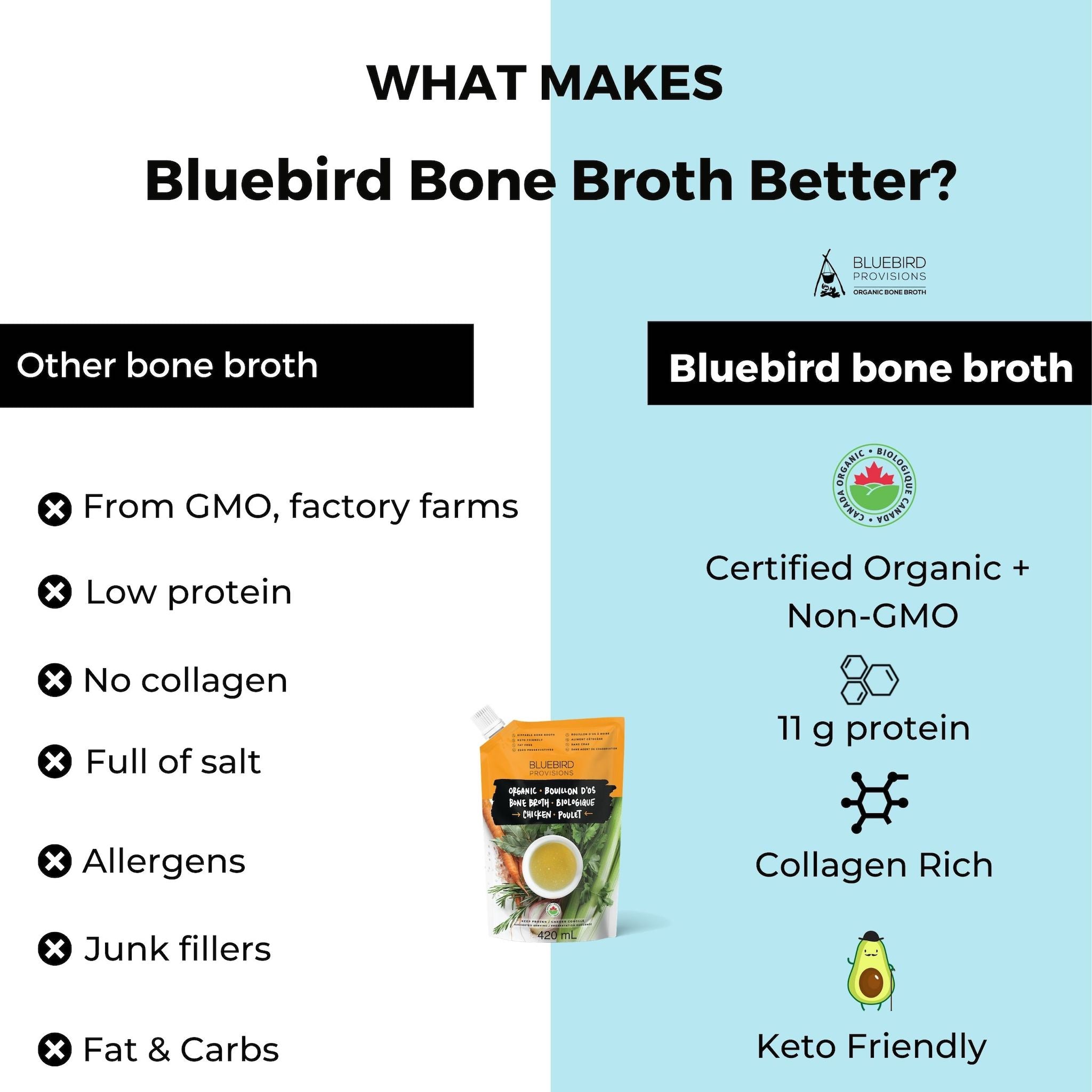
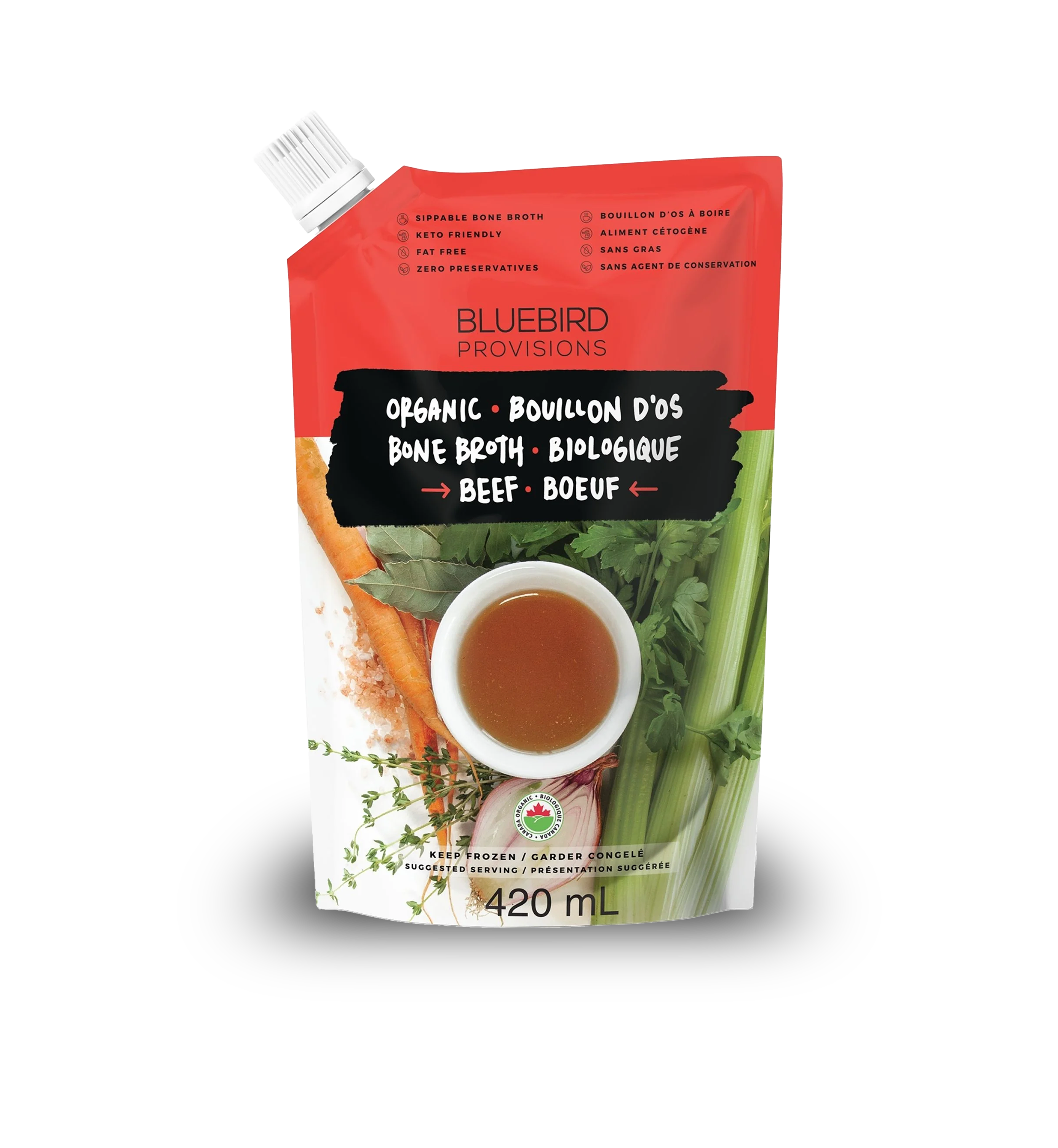
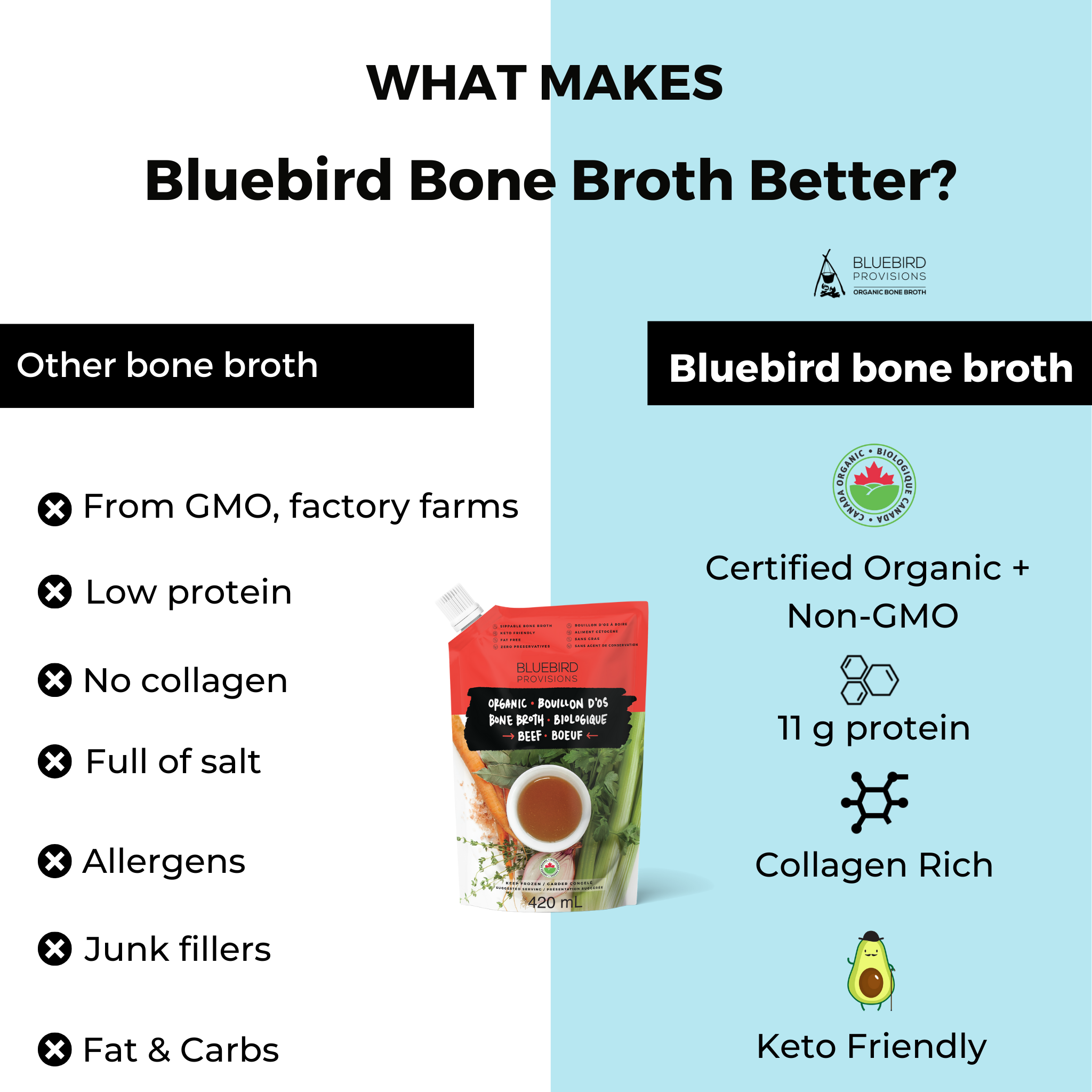
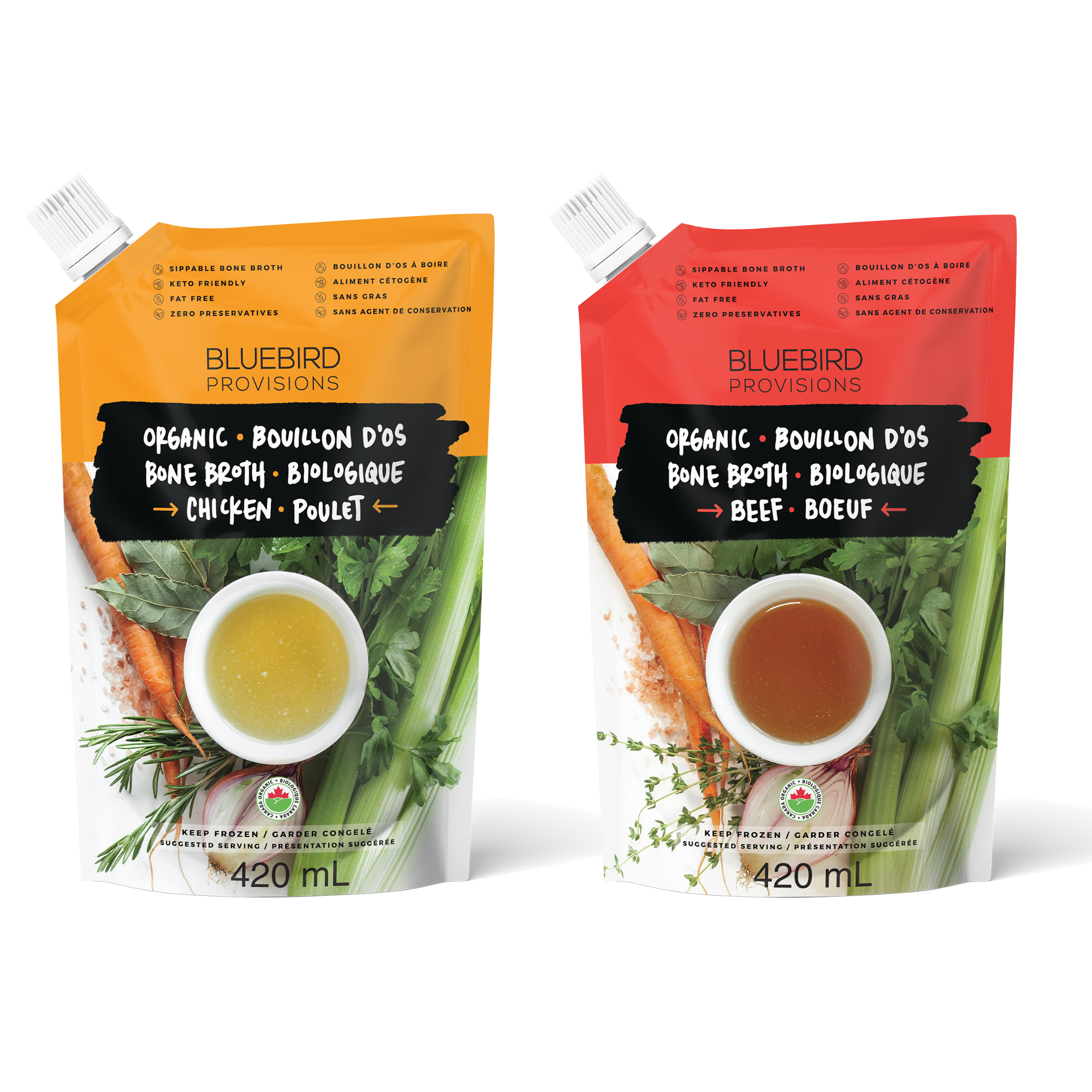
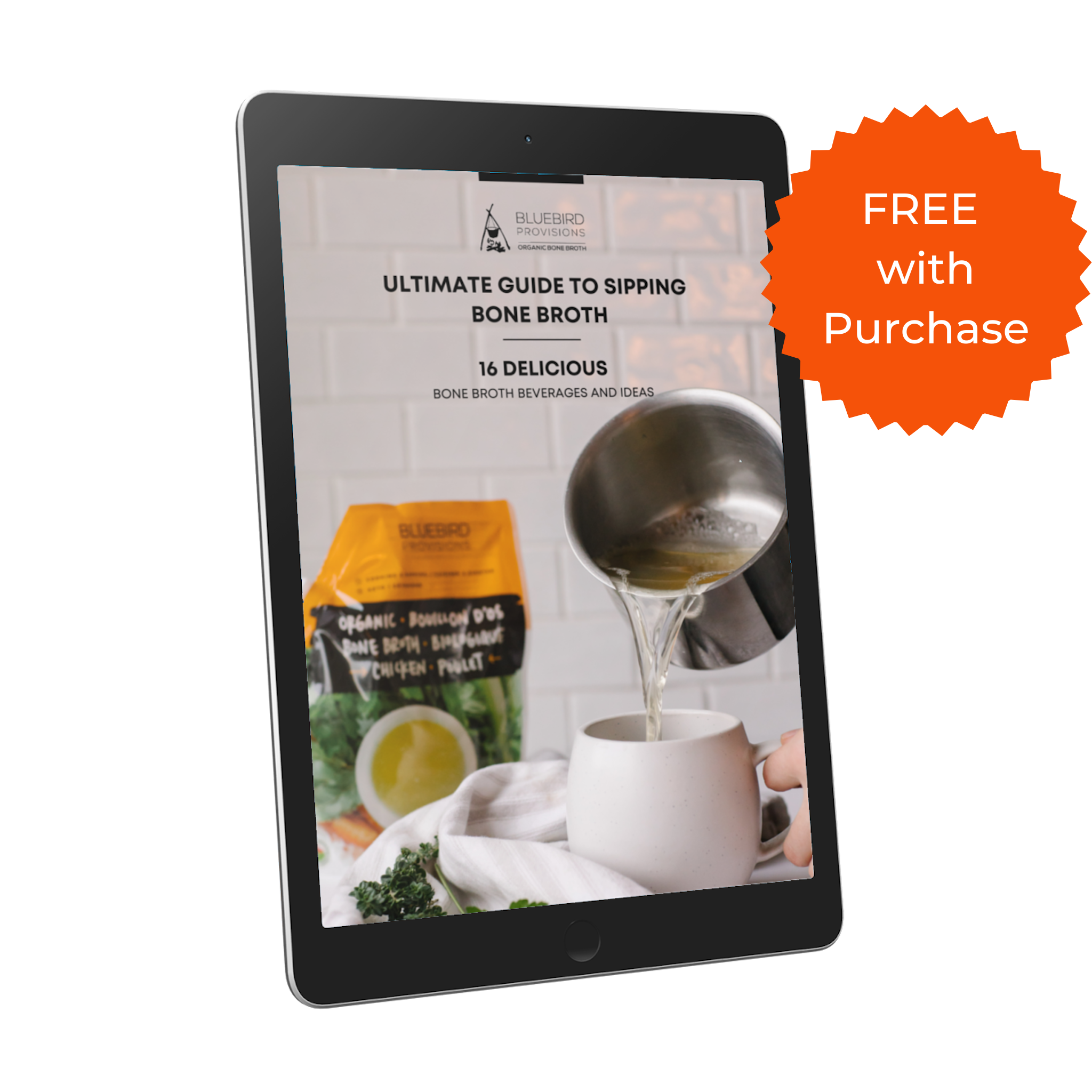
Leave a comment
This site is protected by hCaptcha and the hCaptcha Privacy Policy and Terms of Service apply.